6 Herbs for Cardiovascular Health
A healthy heart is the cornerstone of overall well-being, and for centuries, herbal remedies have been used to support cardiovascular fitness. In this post, we explore six time-honored herbs that help maintain a cardiotonic balance—supporting healthy blood pressure, cholesterol levels, and overall heart function. Drawing from traditional wisdom and modern research, these natural allies work gently yet effectively to promote heart health.
Arjuna or Arjun Bark, Terminalia arjuna
Maintain a Healthy Heart: overall Cardiotonic
cardioprotective, hypertension & cholesterol regulator
Arjuna is a celebrated herb native to India and broader Asia, where it grows as a tall tree reaching 60–80 feet high. Preferring life near waterways and high humidity, the Arjun tree has a long-standing reputation in traditional medicine for its beneficial effects on the heart. Its bark, which is harvested from the stems and then dried for use, carries a legacy of being a natural cardiotonic remedy.
The medicinal value of Arjuna is attributed to its tannin-rich compounds, including arjunolic acid. Research has shown that these compounds can increase coronary flow, slow the heart rate, and lower blood pressure. When extracted in a 50/50 alcohol solution or prepared as a decoction, the Arjuna bark not only helps manage hypertension but also contributes to lowering cholesterol and triglyceride levels, making it a promising natural approach to cardiovascular care.
For everyday heart support, herbalists recommend incorporating Arjuna into your routine through gentle decoctions or alcohol-based extracts. This herb is considered safe for daily use, especially when prepared as a decoction, allowing its bioactive compounds to be delivered steadily. If you’re looking for a natural way to support your heart’s endurance and maintain balanced blood pressure, Arjuna is a time-honored addition to your herbal toolkit.
Garlic, Allium Sativum
Maintain a Healthy Heart: overall Cardiotonic
cardioprotective, hypertension & cholesterol lowering
Garlic, an iconic bulb from the Liliaceae family, has been cherished worldwide for its impressive culinary and medicinal properties. Originating from Middle Asia, garlic’s journey through history has seen it embraced by ancient Sumerians, Chinese herbalists, and countless cultures around the globe. Today, garlic is widely recognized as a potent heart-supporting herb.
Its powerful effects are due to sulfur-containing compounds such as alliin, which is converted into allicin when the garlic is crushed or chopped, and further metabolized into ajoene, allyl sulfides, and vinyldithines. These compounds work synergistically to produce antimicrobial, antioxidant, hypotensive, and antihyperlipidemic effects. In essence, garlic’s ability to trigger vasodilation contributes to lowering blood pressure, while its lipid-regulating properties help prevent high cholesterol levels and maintain overall cardiovascular wellness.
Garlic can be enjoyed in numerous forms, from raw cloves in culinary dishes to alcohol tinctures and supplements. For those seeking a more concentrated dose, standardized extracts and supplements ensure that you receive an effective amount of these powerful compounds. Whether incorporated into your daily meals or taken as a supplemental extract, garlic is a natural, time-tested ally in your journey to support a healthier heart.
Motherwort, Leonurus cardiaca
Manage Nervous or Irregular Heart Beat
heart rate control, lowering a fast heart rate
Motherwort is an herb native to Asia and Southeast Europe, historically renowned for its calming effects on both the body and mind. Traditionally given to women during childbirth to ease anxiety, Motherwort has long been used to support overall cardiovascular wellness. Its very name—“cardiaca”—reflects its enduring reputation as a heart tonic.
This perennial herb works as a nervine tonic, capable of soothing overactive nerves and thereby regulating an irregular or fast heart rate. It contains a diverse range of compounds, including furanic diterpenes like labdanes, alkaloids such as stachydrine, sterols, iridoids, flavonoids, and notably, ursolic acid. Ursolic acid acts as a robust antioxidant and helps prevent plaque buildup in the arteries, contributing to overall cardioprotection and improved circulation.
Due to its potent effects on heart rhythm and anxiety reduction, Motherwort is best used for short durations. It is typically recommended as a tea or alcohol extract if occasional regulation of heart rate is needed. As always, Motherwort should be used under professional guidance—with usage limited to under a month and avoided during pregnancy or breastfeeding—to ensure both safety and efficacy for heart health.
Fenugreek, Trigonella foenum-graceum
Maintain Healthy Cholesterol Levels
anti-hyperlipidemic
Fenugreek, an angiosperm in the Leguminosae family, is native to the Mediterranean and North Africa. Its seeds and aerial parts are highly valued in traditional medicine not just for their digestive benefits, but also for their potent ability to help regulate cholesterol levels. Fenugreek’s use spans cultures worldwide, where it is prepared as a tea, tincture, or included in everyday recipes.
The seeds of fenugreek are rich in compounds such as steroidal saponins (including diosgenin and yemogenin) and alkaloids like trigonelline. Trigonelline, in particular, plays a crucial role by stimulating the secretion of bile acids from the liver—these bile acids then convert cholesterol into bile salts that are easily excreted from the body. This biochemical process helps maintain healthy cholesterol levels while supporting overall cardiovascular function.
For optimal benefits, fenugreek is typically used in the form of a tincture or steeped as a tea to maximize the extraction of its active constituents. Its mildly sweet and nutty flavor also makes it well-suited for culinary applications, allowing you to integrate heart-healthy benefits into your daily diet seamlessly. Fenugreek offers a natural, accessible way to support your cardiovascular system by promoting balanced cholesterol levels and overall vascular health.
Ginseng, Panax ginseng (Korean), Panax quinquefolium (American) or Panax notoginseng (Chinese)
Manage Hypertension or High Blood Pressure
anti-inflammatory, anti-hyperlipidemic, treat hypertension
Ginseng has been a cornerstone of traditional Chinese medicine for centuries, renowned for its adaptability and broad range of therapeutic properties. Native to Asia (with variations in North America and China), ginseng is available in several forms, including Korean (Panax ginseng), American (Panax quinquefolium), and Chinese (Panax notoginseng) variants. Each type has unique characteristics, though all share powerful cardioprotective properties.
Ginseng works as a vasorelaxant, gently relaxing arterial walls and thereby lowering blood pressure. Its bioactive compounds not only help manage hypertension but also regulate lipid levels in the blood. This dual action is crucial for maintaining healthy blood vessels and preventing the progression of cardiovascular diseases. Red ginseng, which is produced by steaming white ginseng, possesses heightened pharmacological activity, making it a particularly effective option for heart health support.
For practical use, ginseng is most commonly taken as a tincture or in capsule form. It is important to use ginseng on an as-needed basis and monitor its effects on your blood pressure carefully. A conservative approach, starting with fewer drops of red ginseng extract, allows you to gauge your body’s response and adjust usage accordingly. By integrating ginseng into your cardiovascular regimen carefully and thoughtfully, you foster a balanced state of heart health that supports both circulation and overall vitality.
Sage, Salvia officinalis (Common) and Salvia miltiorrhiza (Red Sage)
Prevent Plaque Buildup (Atherosclerosis) and Treat Coronary Heart Disease
antioxidant, anti-inflammatory, anti-atherosclerosis
Sage is widely celebrated for its dual role as a culinary herb and a medicinal remedy. With varieties such as common sage (Salvia officinalis) and red sage (Salvia miltiorrhiza), this herb has been used across cultures for centuries. Its aromatic leaves, which are used both in the kitchen and in traditional remedies, encode a wealth of bioactive compounds that support cardiovascular health.
The essential oils in sage—including 1,8-cineole, camphor, and alpha and beta-thujone—contribute to its carminative, antispasmodic, and antiseptic properties. Additional constituents like carnosic acid, rosmarinic acid, and ursolic acid serve as potent antioxidants, helping to prevent plaque buildup and reduce inflammation within the coronary arteries. These benefits translate into a natural approach for managing or preventing atherosclerosis and coronary heart disease.
For best results, consider using sage as a soothing tea, allowing the hot water to gently extract its essential constituents. For more concentrated benefits, an alcohol extract may be employed to capture the antioxidants more effectively. Incorporate sage into your daily wellness practices as a preventative measure, keeping in mind that its benefits extend beyond just a culinary delight—they also contribute meaningfully to a healthier cardiovascular system.
Final Thoughts
Herbs have played a pivotal role in promoting cardiovascular health throughout history. By integrating these six potent herbal allies—Arjuna, Garlic, Motherwort, Fenugreek, Ginseng, and Sage—into your wellness routine, you can naturally support your heart, manage blood pressure, balance cholesterol levels, and enhance overall vascular function. Always consult with a healthcare professional when starting any new herbal regimen, especially if you have pre-existing heart conditions or are on medication, to ensure these natural remedies are safe and suitable for your individual needs.
References
Dwivedi, S., & Chopra, D. (2014). Revisiting Terminalia arjuna - An Ancient Cardiovascular Drug. Journal of traditional and complementary medicine, 4(4), 224–231. https://doi.org/10.4103/2225-4110.139103
Petrovska, B. B., & Cekovska, S. (2010). Extracts from the history and medical properties of garlic. Pharmacognosy reviews, 4(7), 106–110. https://doi.org/10.4103/0973-7847.65321
Tiwari, Raj. (2011). Garlic as food, spice and Medicine: as prospective. Journal of Pharmacy Research. 4. 1857-1860. https://www.researchgate.net/publication/281521870_Garlic_as_food_spice_and_Medicine_as_prospective
Fierascu, R. C., Fierascu, I., Ortan, A., Fierascu, I. C., Anuta, V., Velescu, B. S., Pituru, S. M., & Dinu-Pirvu, C. E. (2019). Leonurus cardiaca L. as a Source of Bioactive Compounds: An Update of the European Medicines Agency Assessment Report (2010). BioMed research international, 2019, 4303215. https://doi.org/10.1155/2019/4303215
Sermukhamedova, O. V., Sakipova, Z. B., Ternynko, I. I., & Gemedzhieva, N. G. (2017). Representatives of motherwort genus (leonurus spp.): aspects of pharmacognostic features and relevance of new species application. Acta poloniae pharmaceutica, 74(1), 31–40. https://pubmed.ncbi.nlm.nih.gov/29474759/
Erdmann, J., Kujaciński, M., & Wiciński, M. (2021). Beneficial Effects of Ursolic Acid and Its Derivatives-Focus on Potential Biochemical Mechanisms in Cardiovascular Conditions. Nutrients, 13(11), 3900. https://doi.org/10.3390/nu13113900
Bahmani M, Shirzad H, Mirhosseini M, Mesripour A, Rafieian-Kopaei M. (2016) A Review on Ethnobotanical and Therapeutic Uses of Fenugreek (Trigonella foenum-graceum L). J Evid Based Complementary Altern Med. 21(1):53-62. doi:10.1177/2156587215583405. Epub 2015 Apr 27. PMID: 25922446.
Shaito, A., Thuan, D. T. B., Phu, H. T., Nguyen, T. H. D., Hasan, H., Halabi, S., Abdelhady, S., Nasrallah, G. K., Eid, A. H., & Pintus, G. (2020). Herbal Medicine for Cardiovascular Diseases: Efficacy, Mechanisms, and Safety. Frontiers in pharmacology, 11, 422. https://doi.org/10.3389/fphar.2020.00422
Hamidpour, M., Hamidpour, R., Hamidpour, S., & Shahlari, M. (2014). Chemistry, Pharmacology, and Medicinal Property of Sage (Salvia) to Prevent and Cure Illnesses such as Obesity, Diabetes, Depression, Dementia, Lupus, Autism, Heart Disease, and Cancer. Journal of traditional and complementary medicine, 4(2), 82–88. https://doi.org/10.4103/2225-4110.130373

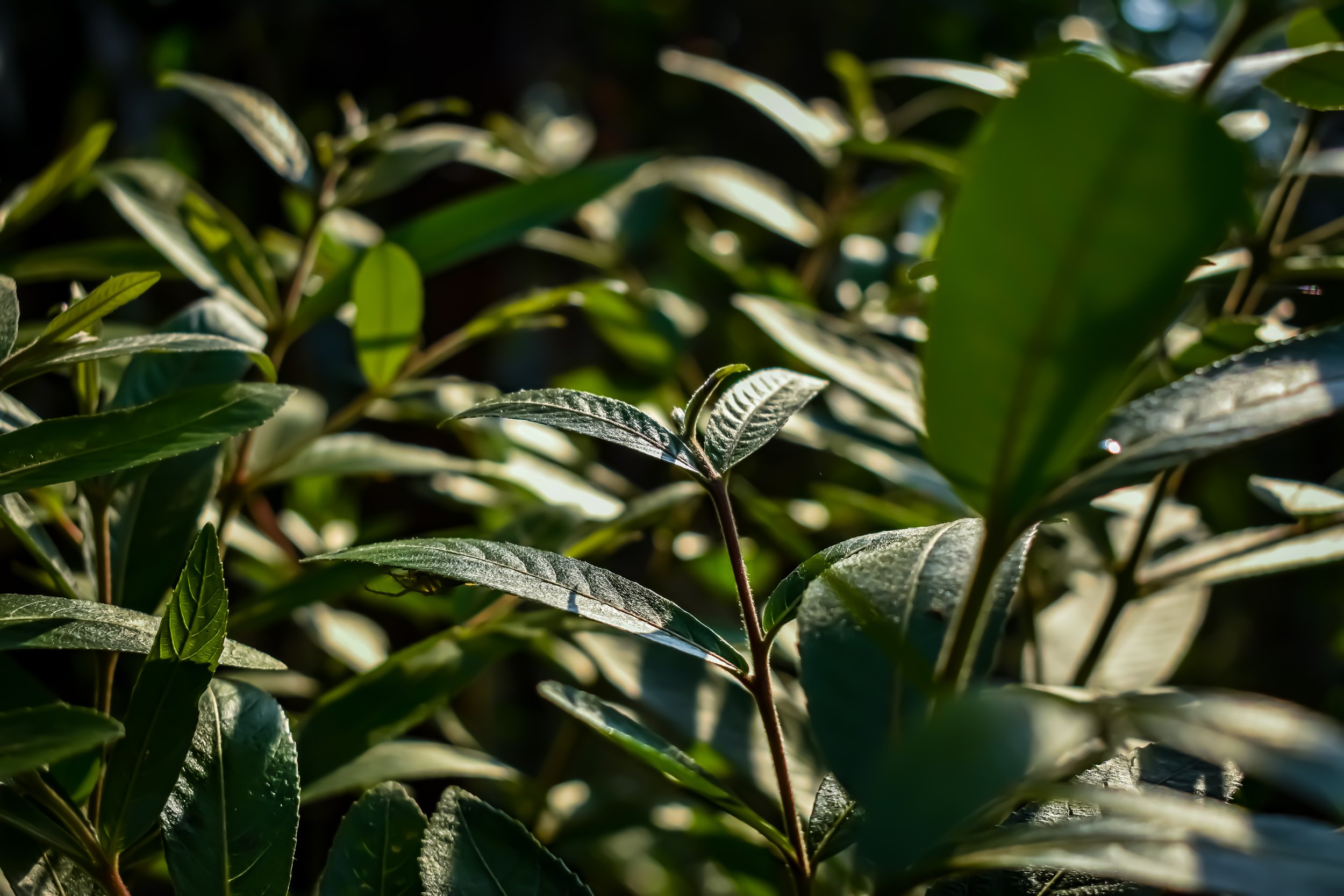

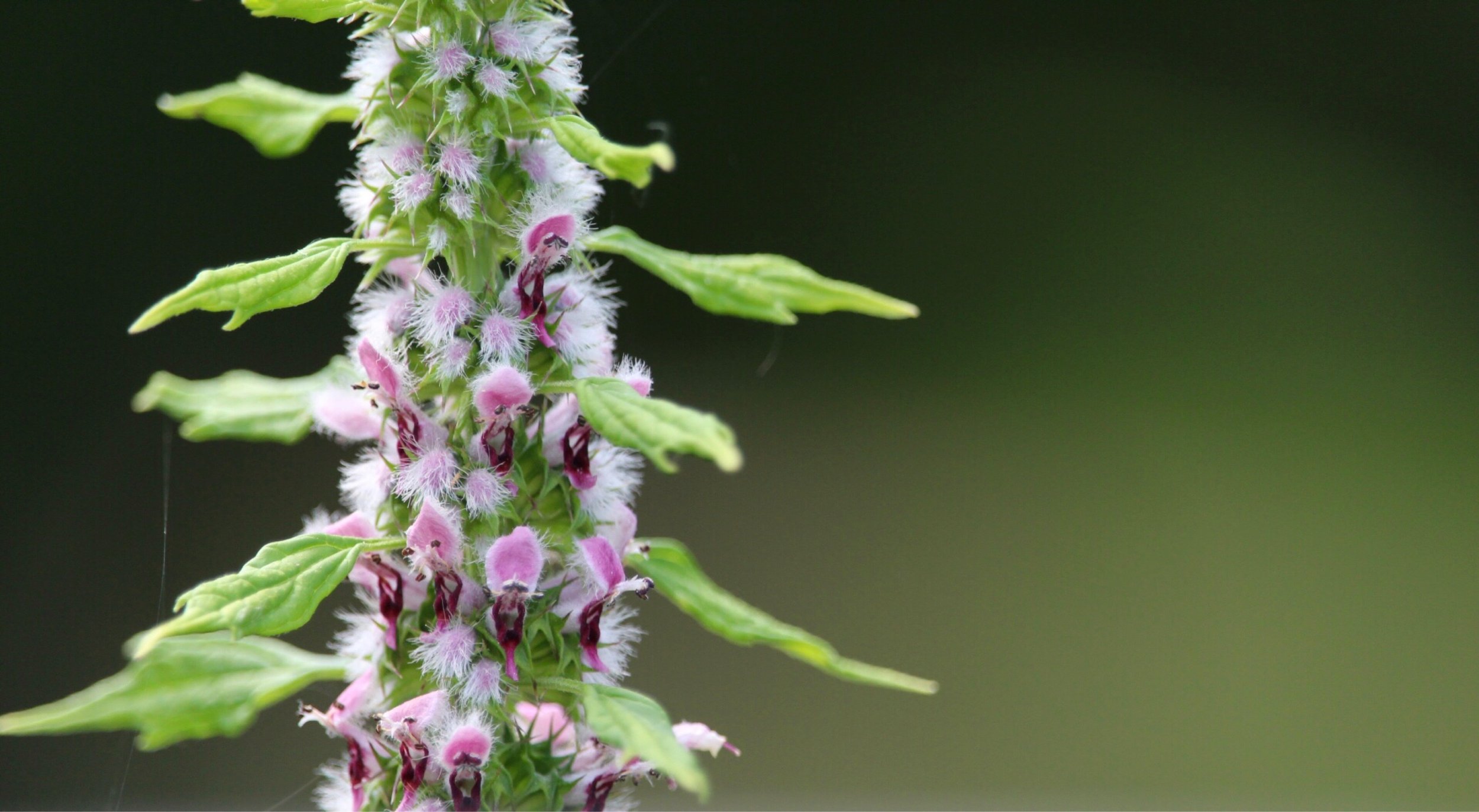











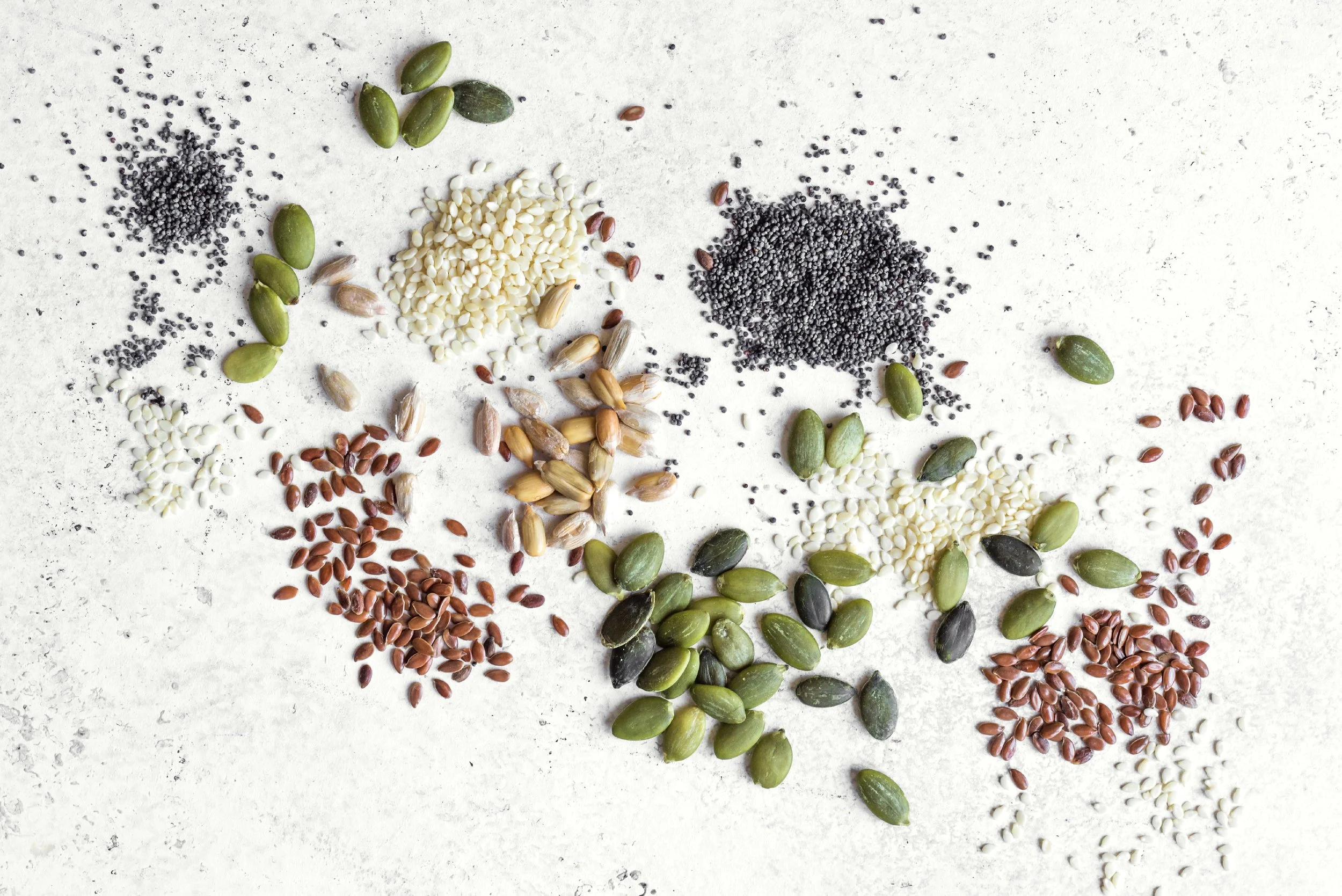

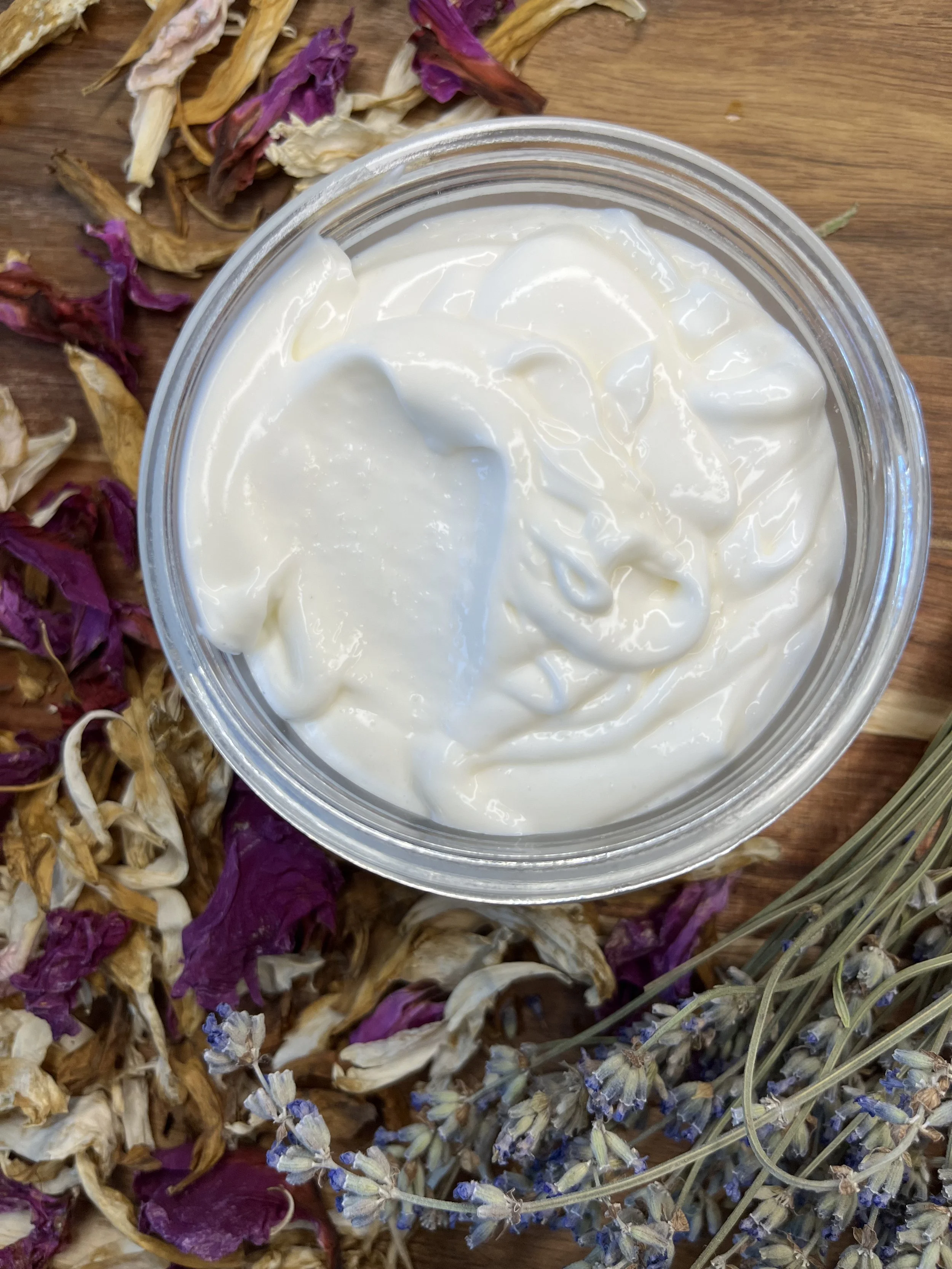
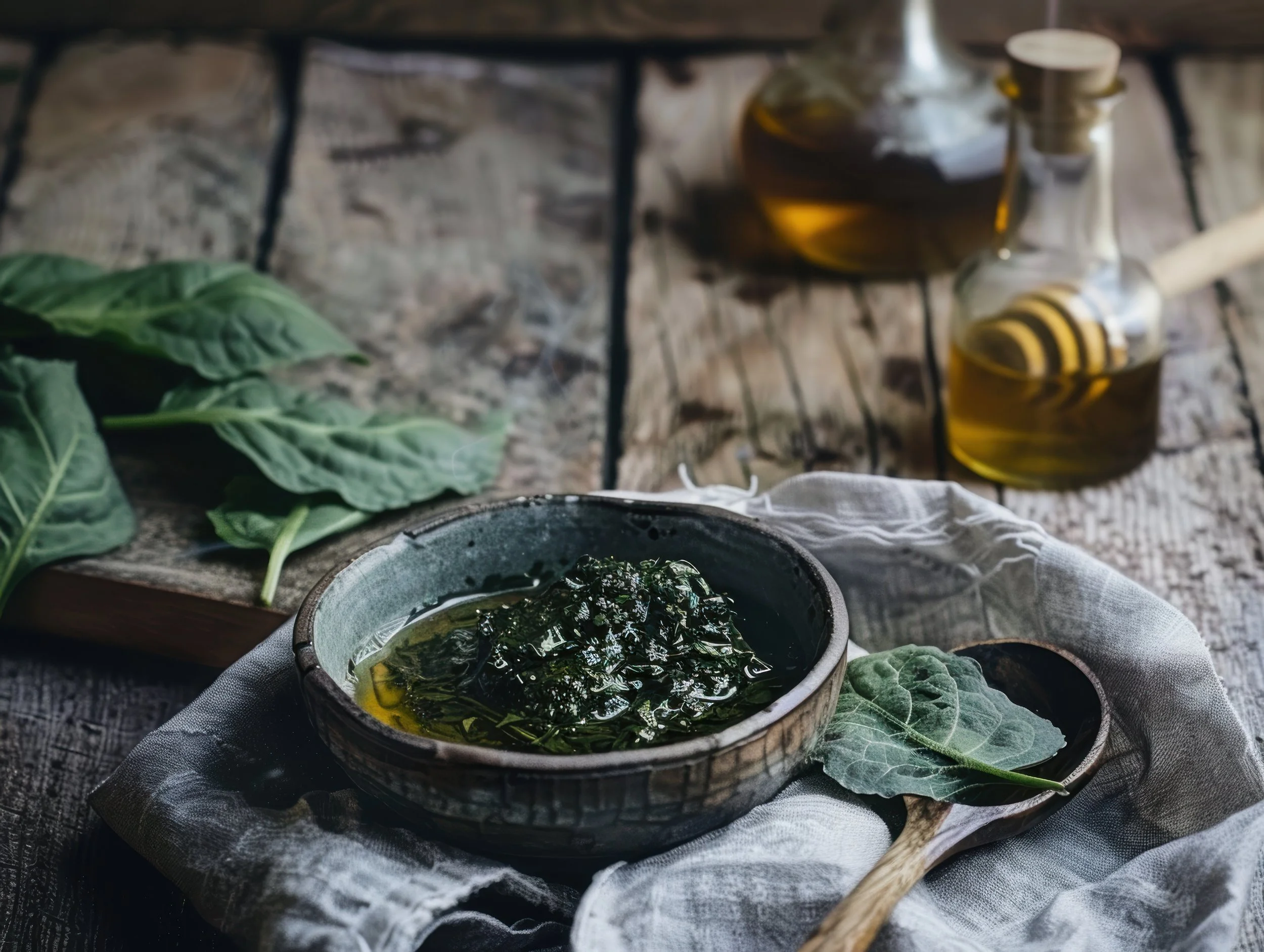
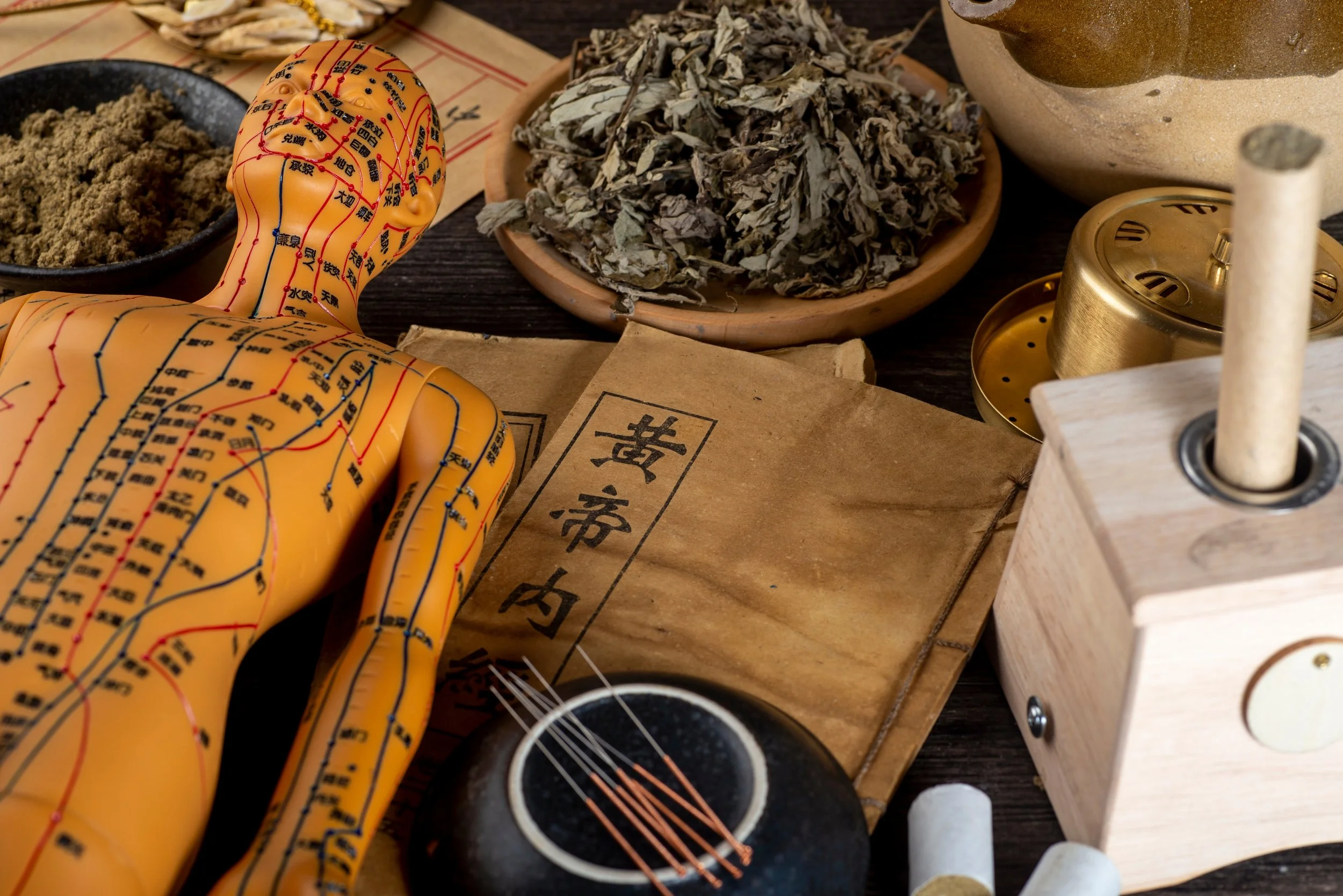

Hello and welcome! I'm Eve, a Chemist turned Herbalist, sharing the wonders of plant medicine and botanical skincare. Join me on this journey to Learn, Create, and Align your Divine!